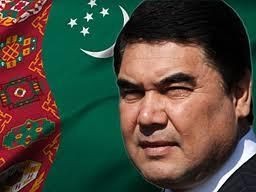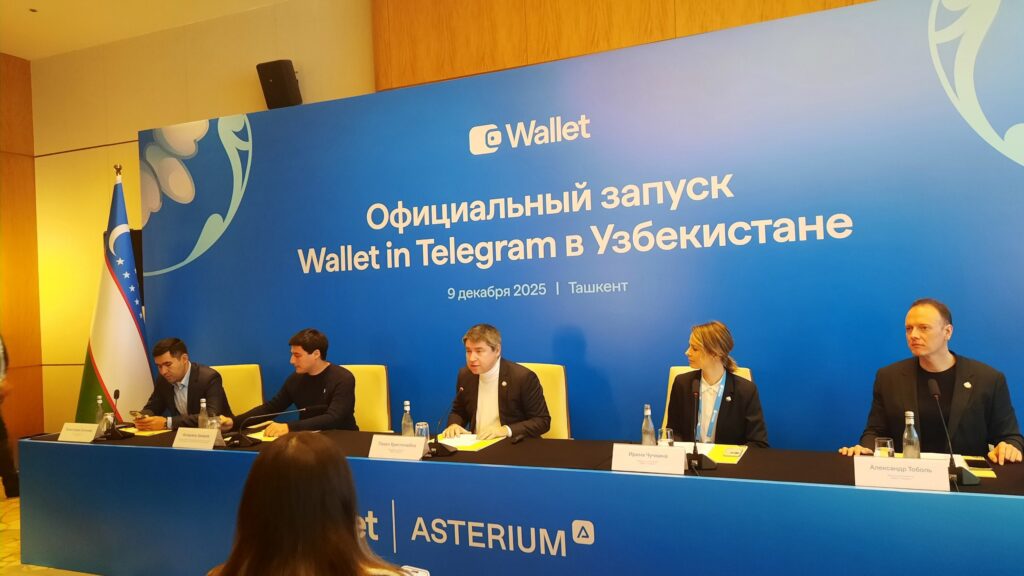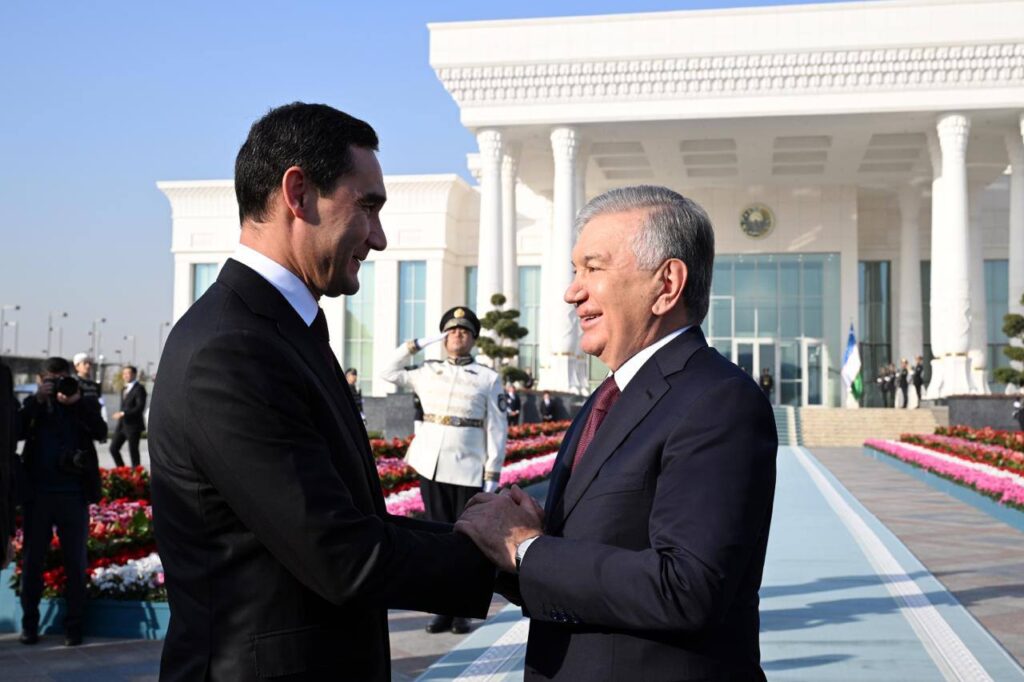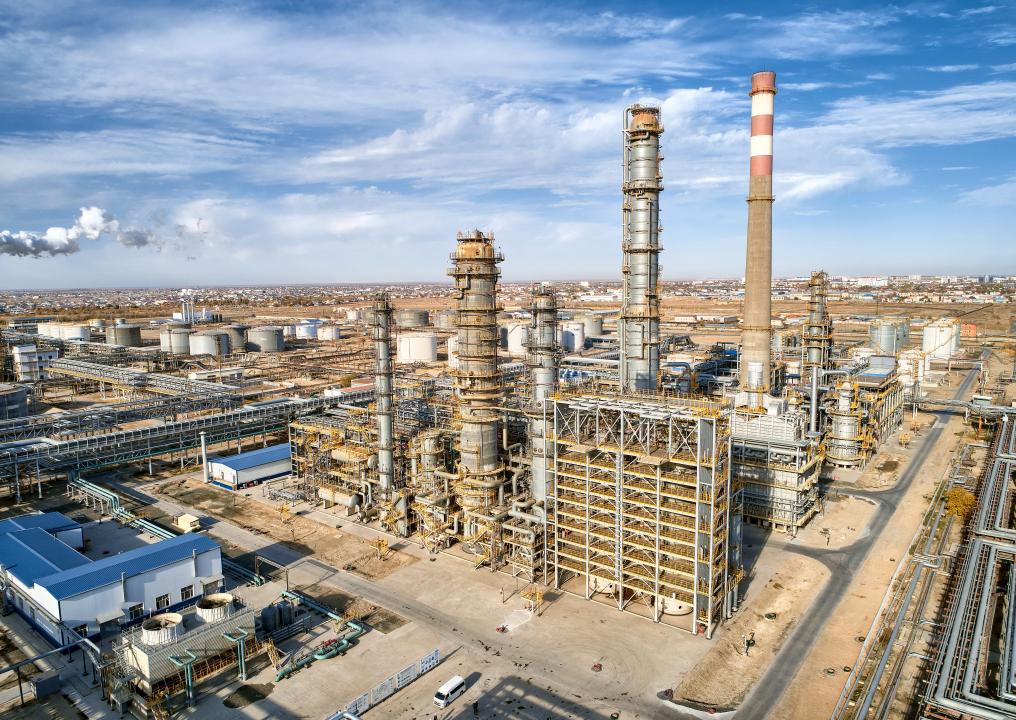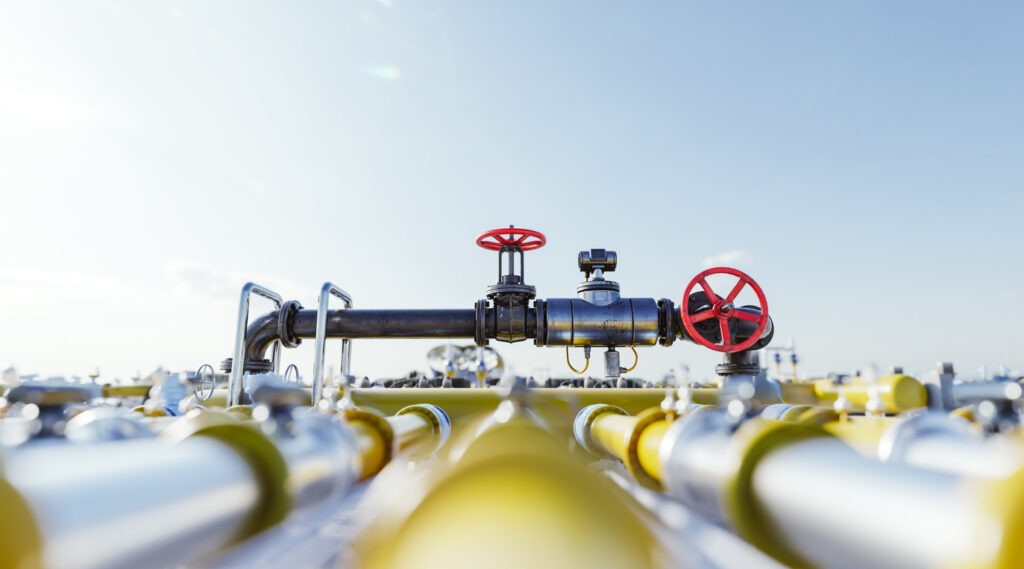ASHGABAT (TCA) — Possessing huge natural-gas reserves, Turkmenistan has seen an economic downturn over the past year, which is largely due to decreasing gas-export revenues and the government’s inability to diversify the economy. We are republishing this article on the issue, originally published by EurasiaNet.org:
In his year-end address to the nation, Turkmenistan’s president, Gurbanguly Berdymukhamedov, brimmed with enthusiasm.
He extolled 2017 as a year of unprecedented success, featuring “massive transformations” and glorious achievements, and predicted the coming 12 months would be marked by a “bountiful harvest and prosperity.”
Berdymukhamedov’s message was the same a couple of days earlier, during the weekly Cabinet meeting. He forecast growing natural gas export volumes, new successes in the government’s import-substitution agenda, containment of the already-small deficit and only moderate inflation. The 10 percent increase in state salaries and pensions won’t just be on paper, he said.
“We do not have any problems with the payment of salaries,” Berdymukhamedov said.
The boasting is hollow on pretty much all fronts, however.
Even the International Monetary Fund, which typically relies heavily on official data and issues highly circumspect health bulletins on Turkmenistan’s economy, betrayed muted concern in November after a delegation traveled to the country.
“Since the current account deficit remains significant despite its narrowing this year, the key near-term policy challenge remains re-calibration of the policy mix to reduce external imbalances,” the IMF said in a technical and drily worded laundry list of tasks facing Turkmenistan.
By dint of subpar planning, the country’s main source of wealth — natural gas — paradoxically remains the greatest hindrance toward sustainable growth. Over-reliance on the export of energy resources and the failure to diversify the economy has now left Turkmenistan high and dry.
Last year began with the loss of yet another gas export market when Ashgabat embroiled itself in a dispute with Iran over alleged unpaid bills. Despite some prior indications that some compromise might be reached, Turkmenistan in December announced it intends to try and reclaim $1.8 billion worth of debts through international arbitration. Success is far from certain and the legal dispute is bound to further sour relations.
Now only China buys Turkmenistan’s gas, at reportedly dismally low prices. And unaccountably, Ashgabat appears unable to supply China with the volumes of gas it has previously pledged.
The failure of the energy sector to meet expectations last year precipitated radical restructuring aimed at cost-cutting and, despite Berdymukhamedov’s claims to the contrary, chronic delays to oil and gas workers’ salaries.
In one of the most striking top-level personnel reshuffles of the past few years, the president in April fired Yashigeldy Kakayev from his job as deputy prime minister for energy, citing “weak control” over the oil and gas sector. Kakayev had earned rare respect from international investors over his 20 years of service in the energy industry. At the end of December, Berdymukhamedov seemed to acknowledge the desperate need for seasoned expertise and backtracked on that decision by appointing Kakayev to the post of presidential advisor on energy issues.
These are all remote considerations for the population at large, which has had to endure ever-more draconian and arbitrary restrictions. Documenting specific developments has been challenging since the government has intensified pressure on the few independent reporters still working in the country.
But the anecdotal evidence is damning.
A recent short video documentary produced by the Alternative News of Turkmenistan, a foreign-based news website, showed how growing numbers of people feel compelled to take short trips to Turkey to sell items like bread, sausages, medicine and vodka to make some extra income.
“We felt it was important to show the world how in the so-called Era of Might and Happiness, the people of Turkmenistan are forced to make a living,” the narrator of the documentary says in conclusion.
Much reporting on the hardship of regular citizen’s has been done by RFE/RL’s Turkmen service, Radio Azatlyk. In mid-December, the broadcaster reported on an ongoing shortage of eggs. Turkmenistan routinely suffers deficits of certain staple groceries, including cooking oil and sugar. “Prices for groceries in the market go up every day. Plus they have put up the price for municipal services — electricity, gas and water,” one resident of Ashgabat told Radio Azatlyk in mid-December.
While no problems are explicitly admitted, it was telling that Berdymukhamedov signed a decree on December 8 order the creation of state commission for food security.
“The commission was established to successfully implement state policies on ensuring food security in Turkmenistan and to further increase the abundance of food and ensure the availability of a wide range of high-quality goods on the domestic market,” a state media report noted.
While economic decline may be denting many people’s buying power, it is often the imposition of arbitrary rules that provoke inflation for specific goods. Radio Azatlyk cited an Interior Ministry official as saying that the increase in the price of eggs in Ashgabat was caused by restrictions on the entry of non-locally registered vehicles into the city.
Radio Azatlyk also reported earlier this month that customs officials in Ashgabat international airport have begun inspecting the luggage of arriving travelers for medicine and confiscating anything that they find. People affected by this policy, which has gone without explanation, said they bought the medicine abroad because it was unavailable inside the country. Pharmaceuticals are yet another item that risen sharply in price — by 40 percent over the summer, according to Radio Azatlyk.
The slump of energy resource revenues has prompted the government to explore other ways to boost the budget. At the suggestion of international bodies like the IMF, Berdymukhamedov late last year followed through on long-expected plans to nix a wide-ranging system of subsidies guaranteeing Turkmen households significant amounts of free gas, water and electricity.
The late President Saparmurat Niyazov had put the Soviet-style benefits in place in the early 1990s, and in 2003, he instructed that they be preserved until 2030. Berdymukhamedov has argued that Turkmenistan needs to transition to more market-base rules.
University students are also reportedly being pressured in “voluntarily” giving up the right to receive stipends. Radio Azatlyk cited a fifth-year student at Magtymguly State University, in Ashgabat, as saying that educational authorities plan to cancel scholarships altogether from September this year.
